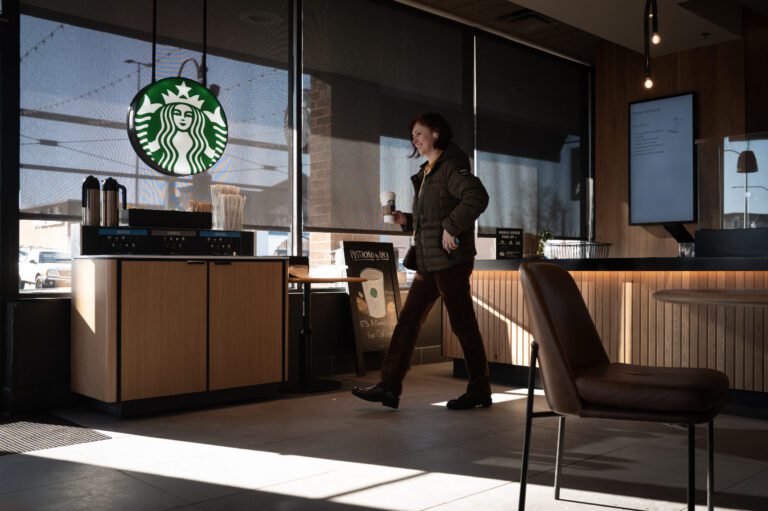Congressman’s Bipartisan Bill Targets Rising Coffee Prices Amid Economic Concerns
As health care costs escalate and interest rates soar, one congressman is spotlighting an unexpected issue that’s brewing discomfort among consumers: high coffee prices. With a call for bipartisan legislation, Congressman Ro Khanna is advocating for measures that could ease the financial strain on coffee lovers across the nation.
Understanding the Impact of Tariffs on Coffee Prices
Khanna has pointed fingers at former President Trump’s tariffs on various nations as a significant contributor to the escalating costs of coffee. Specifically, he argues that these tariffs act as a substantial tax burden on American consumers who rely on their daily cup of coffee.
In his words, "I will be introducing bipartisan legislation to repeal tariffs on coffee,” Khanna announced on X. He highlighted the startling statistic that the U.S. only produces less than 1% of the coffee it consumes, making the tariffs on key coffee-exporting countries like Brazil, Vietnam, Indonesia, and Colombia a hefty 15-20% tax on coffee lovers.
Recent Developments in Tariffs
- July 12: Trump declared a 50% tariff on selected Brazilian imports, effective August 1.
- August 7: Tariffs of 10% or higher were implemented on goods from over 60 countries and the European Union.
The Rising Price of Coffee
Recent data paints a concerning picture for coffee enthusiasts:
- Coffee price increase: According to a report from the U.S. Bureau of Labor, coffee prices surged by 14.8% since June 2024.
- Current retail price: As of September 2024, the average retail cost for a pound of ground coffee reached $8.41, as reported by CNBC.
Economic Implications
Despite these tariffs being a recent factor, the pressure on coffee prices has roots in both global demand and environmental challenges. Scott Angelo, co-founder and head coffee roaster at Oceana Coffee in Florida, remarked that significant issues in Brazil—one of the world’s leading coffee producers—often send ripples through the global coffee market.
Factors Driving Price Increases
- Environmental Challenges: Brazil has faced weather-related issues impacting overall coffee production.
- Global Demand: Rising demand in countries such as Vietnam and Indonesia is another factor fueling the increase in coffee prices.
Retaliatory Tariffs and Economic Support
In response to the U.S. tariffs, Brazil has contemplated imposing retaliatory tariffs on American goods. In contrast, they are also taking immediate steps to support local exporters by offering credit lines and purchasing excess supply to stabilize their coffee production.
Consumer Behavior Shift
Experts predict that as coffee prices continue to rise, there could be a notable shift in consumer behavior:
- Increased Home Brewing: “Consumers are going to continue to have their coffee, it’s just going to be a question of where they’re ultimately going to do so,” said Billy Roberts, a senior economist of food and beverage at CoBank’s Knowledge Exchange research division, in a conversation with Yahoo Finance.
Conclusion
As discussions around coffee tariffs unfold, the bipartisan bill proposed by Congressman Ro Khanna could provide a beacon of hope for American coffee drinkers facing rising prices. Now more than ever, it’s essential for consumers to remain informed and engaged with the evolving landscape of coffee pricing and policies affecting their daily brew.
For further insights on coffee price trends and tariff implications, consider exploring resources such as the U.S. Bureau of Labor Statistics and Yahoo Finance.


